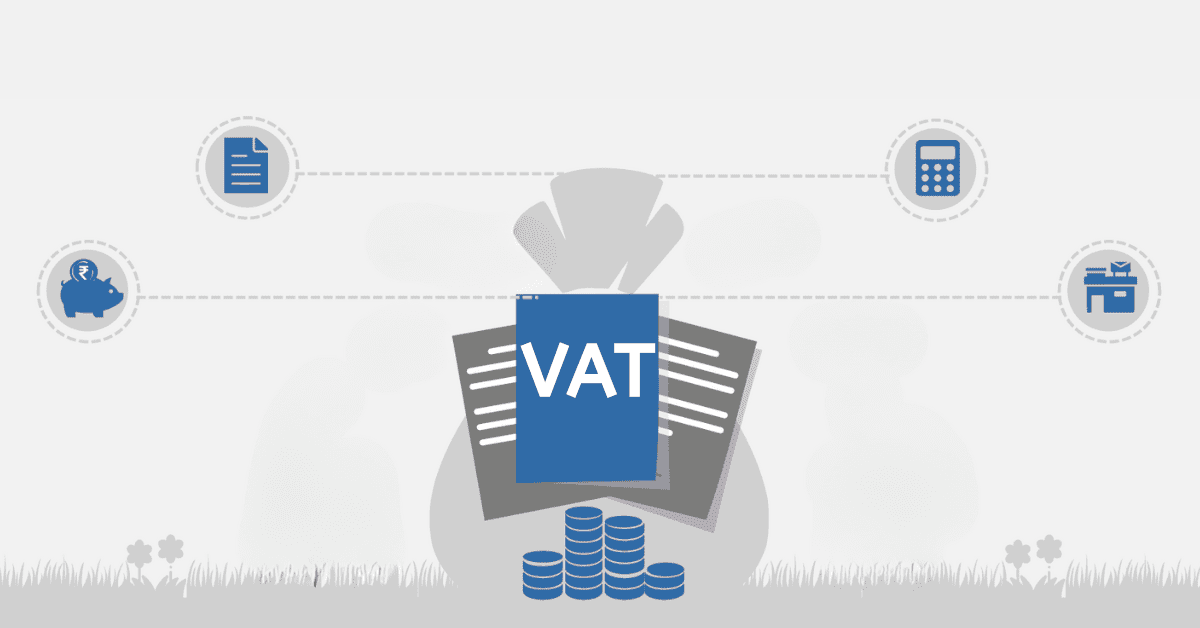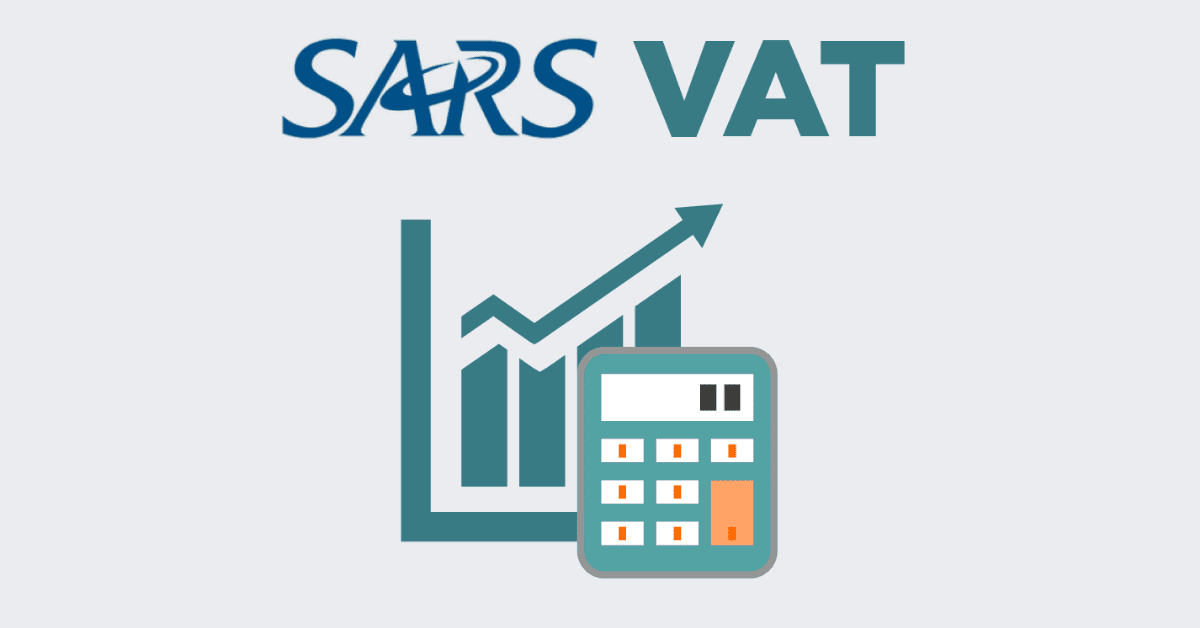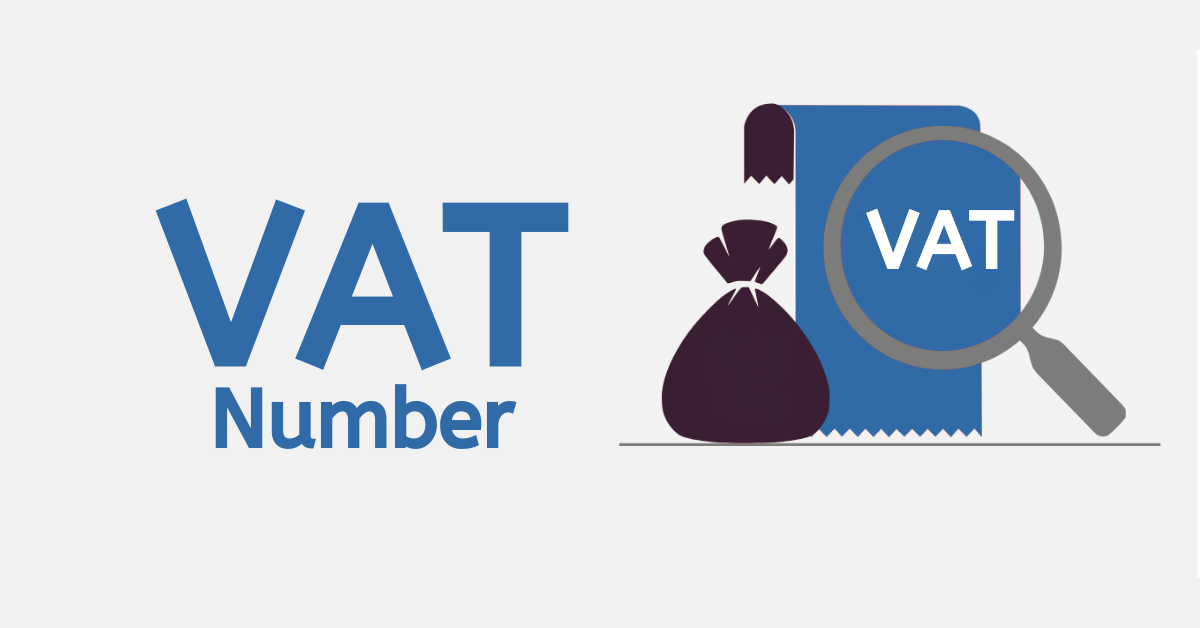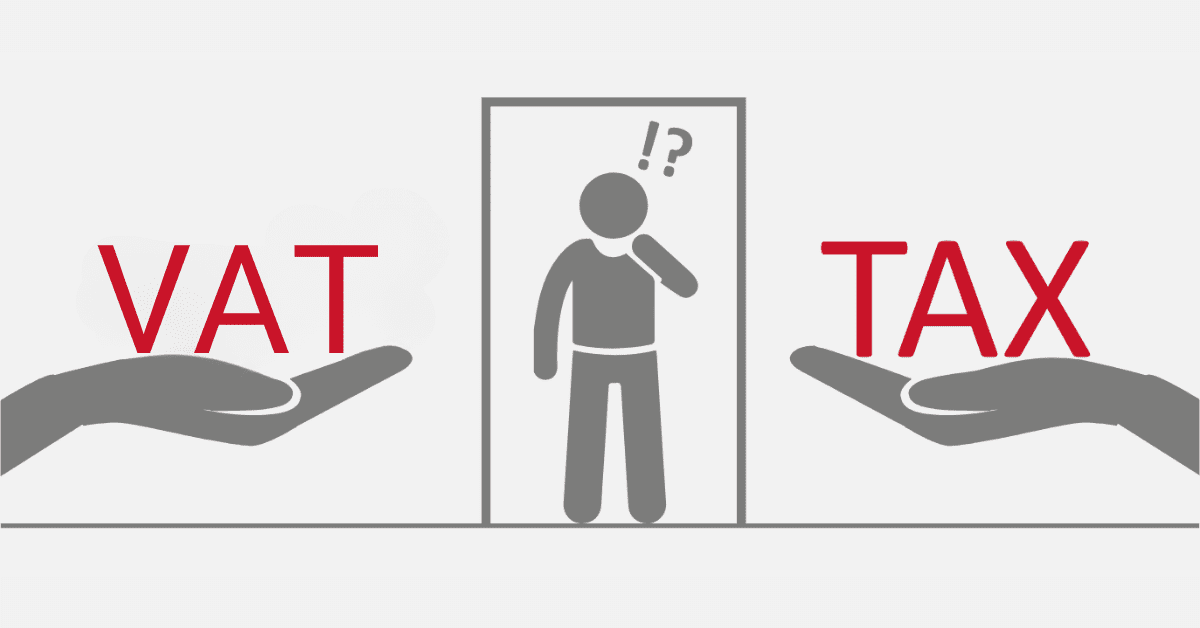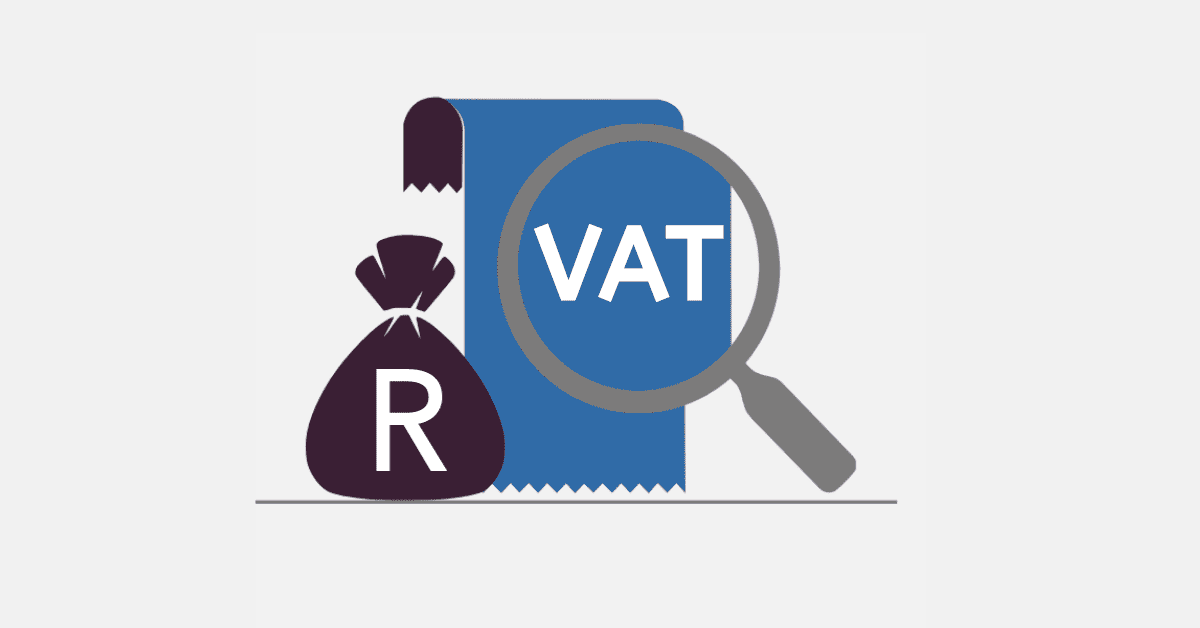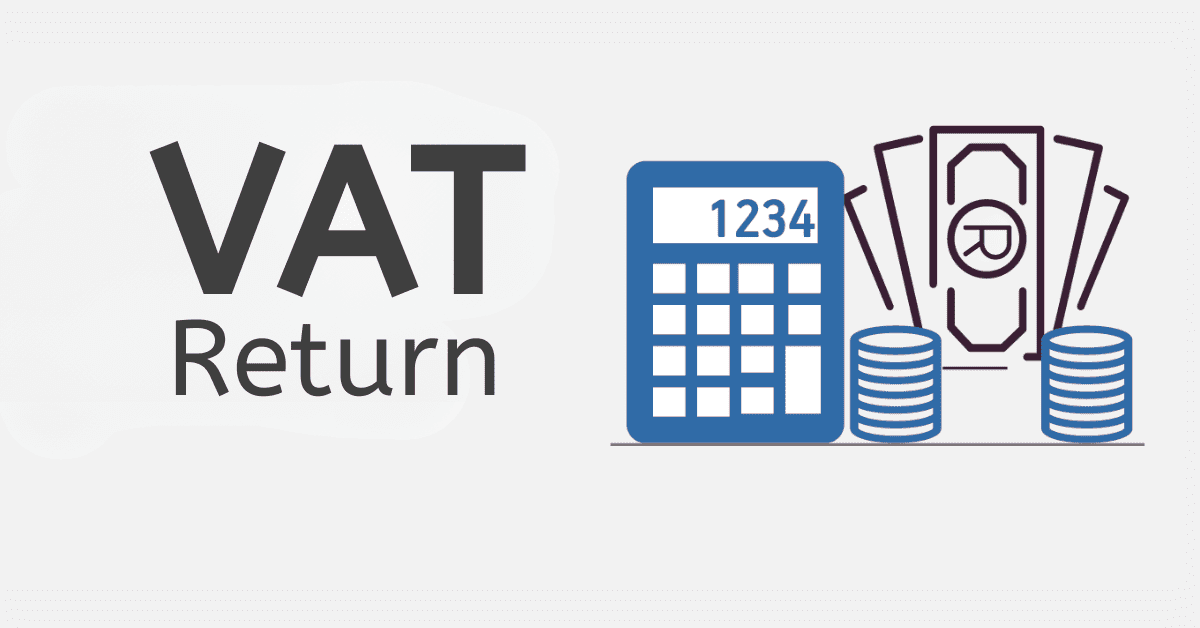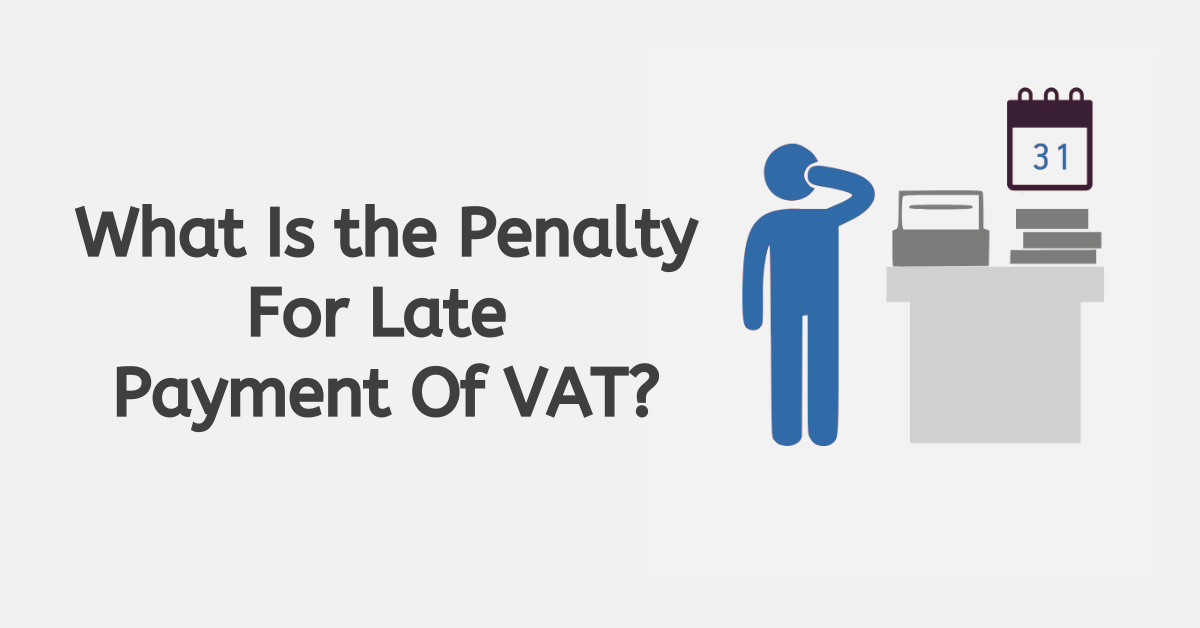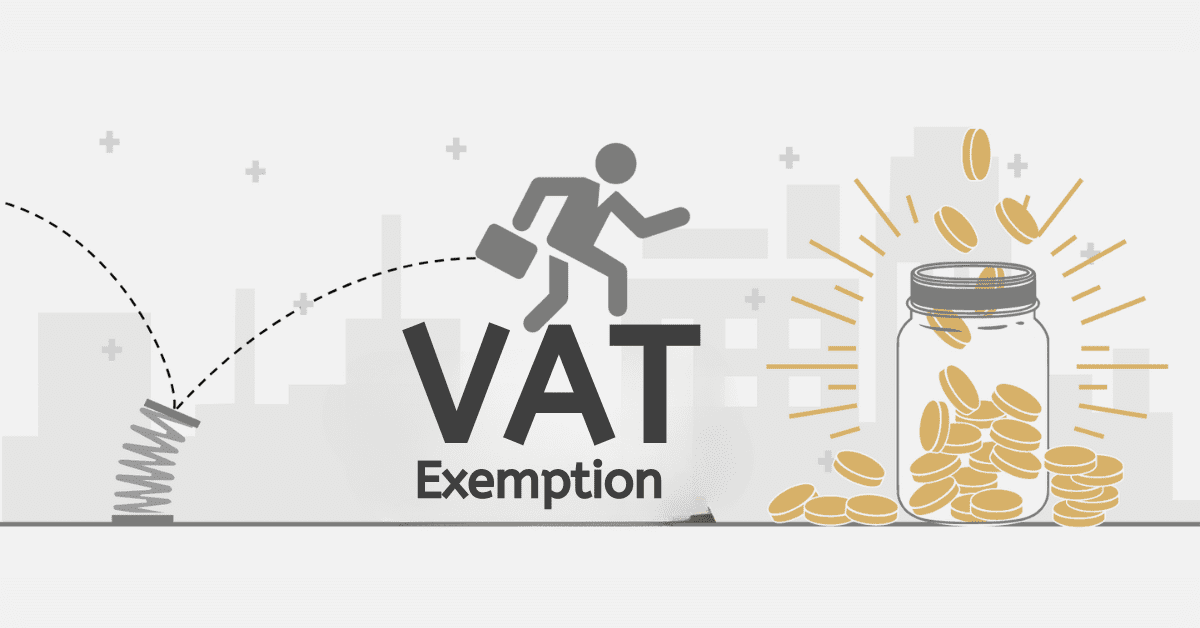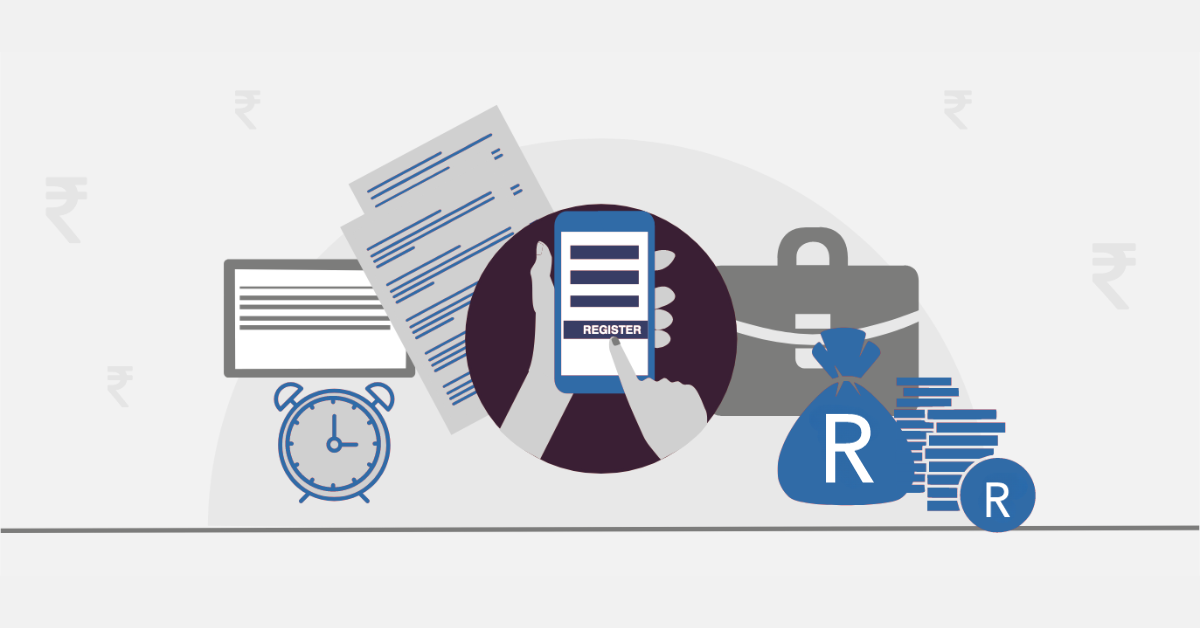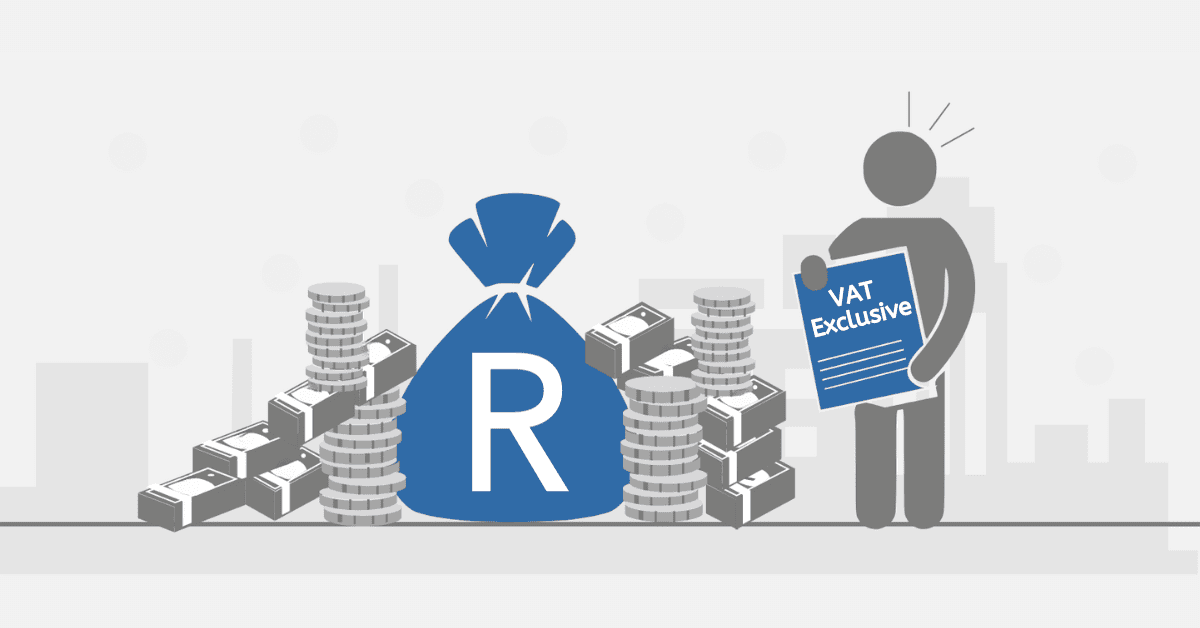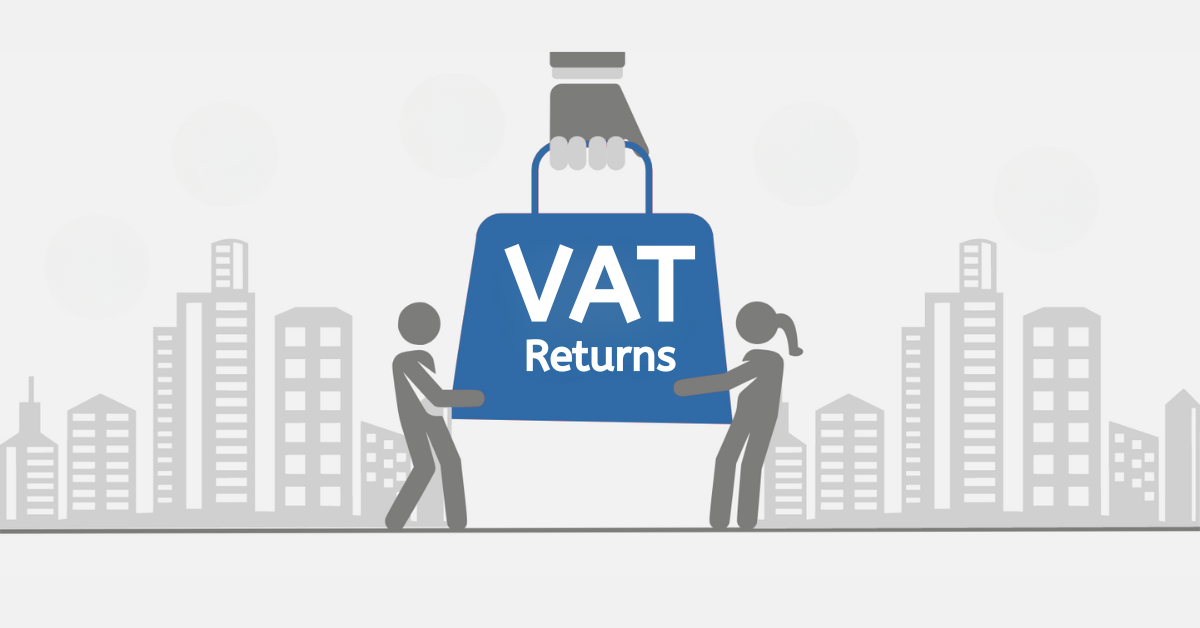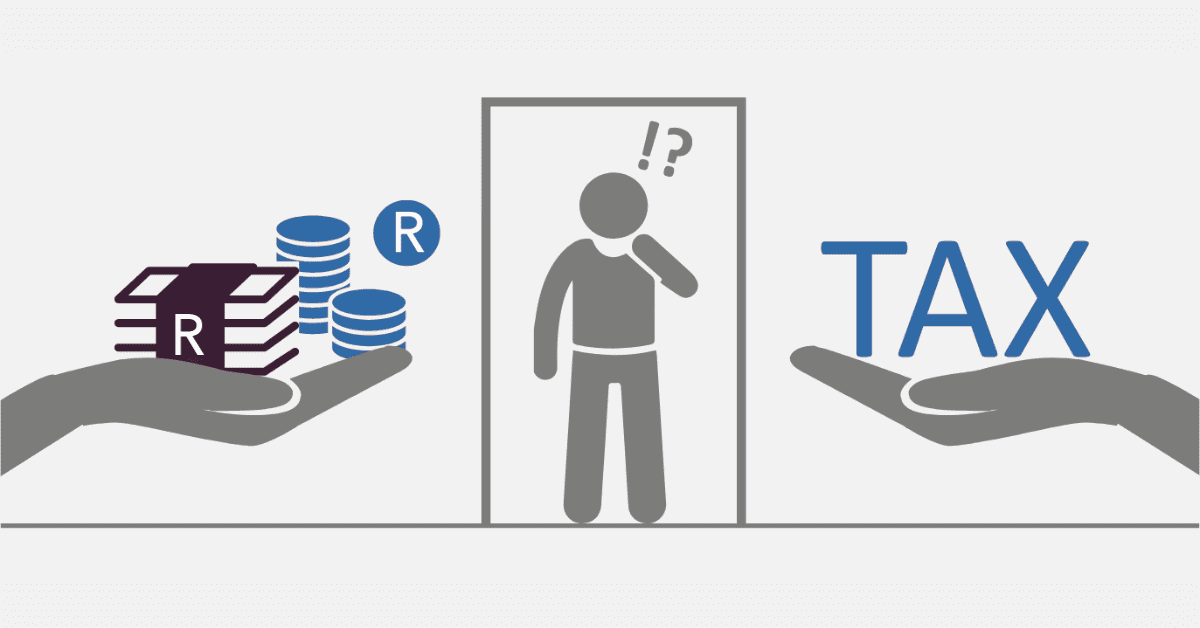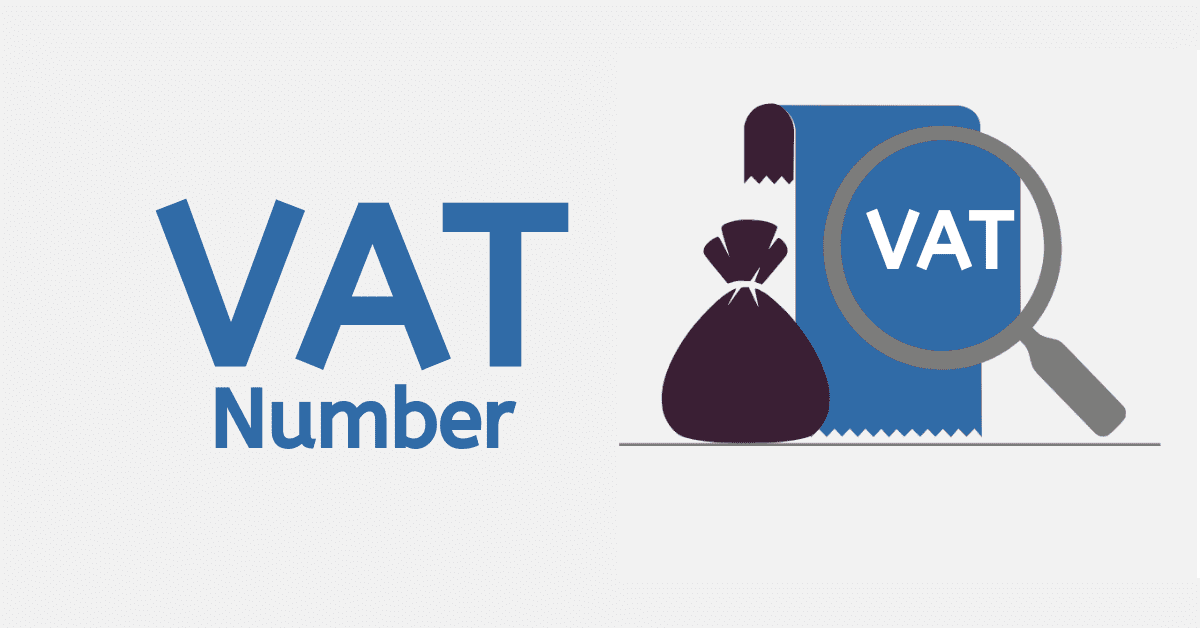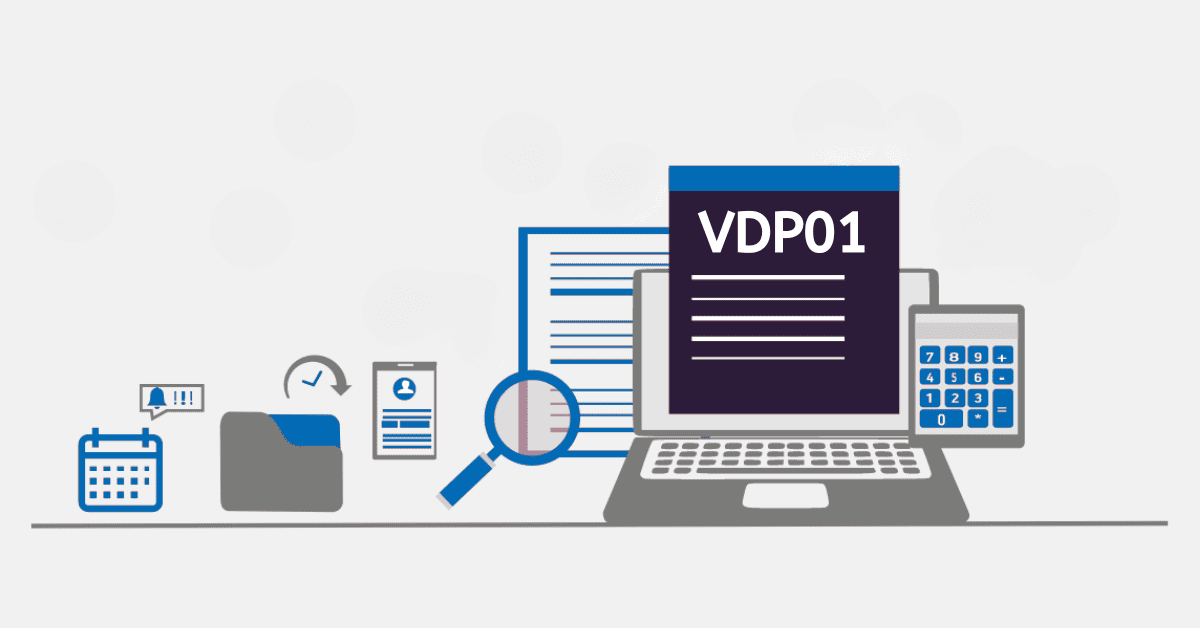VAT registration can be a boon for many South African businesses. Not only does it give you the chance to streamline the VAT you pay in the business and only pay over the excess amount (or even receive a refund) that you have generated instead of having VAT added at every step of your supply and sale pipelines. But it also opens up the option to trade with large entities who are also VAT-registered, and often only want to deal with suppliers who are VAT-registered for precisely the same reason. However, to register for VAT in South Africa, you have to meet certain minimums set by SARS. Here’s everything you need to know about this.
How Much Turnover Is Required For VAT Registration?
In South Africa VAT registration is compulsory when your business’s taxable turnover exceeds what is called the VAT threshold. Currently, this means you need to earn R1,000,000 in taxable income in a consecutive 12-month period. Do note that this is any consecutive 12 months and is not tied to your tax year or any other specific date. Once your business exceeds this threshold, you are legally required to register for VAT with SARS. In fact, this has to be done within 21 days of reaching that amount.
However, some businesses with far smaller turnovers also register for VAT, mostly to allow them to trade with large VAT-registered entities or use the VAT system in their favor. You can choose a voluntary registration at any point where you earn more than R50,000 in taxable income in a 12-month period.
How Can I Avoid The VAT Threshold?
In general, it won’t be in your business’ favor to avoid the VAT threshold. While filing VAT returns does add a small extra administrative burden on your company, it can open a lot of doors and allow you far better management of your cash flow around VAT. You can charge VAT to customers and, in turn, claim back ‘input credits’ for the VAT you are charged by suppliers and other vendors. This may even result in a VAT refund for your business! Remember, many businesses with incomes way below the mandatory VAT threshold still register for VAT just to leverage these benefits.
However, if there is a reason you want to avoid mandatory registration, there are some strategies you can use. Careful management of your expenses can help reduce your taxable turnover and should be your first point of consideration. By claiming legitimate business expenses the right way, you can lower your net turnover and potentially avoid compulsory VAT registration.
On the other side, you can also adjust your prices to manage your turnover and fall below the threshold. This could easily impact your competitiveness and customer perception, however. Lastly, you can try to time how you issue invoices to manage how your taxable turnover appears for that year.
The only time this would ever be favorable for you, however, is if you might, by chance, meet the VAT threshold in only one year and don’t anticipate being able to manage it long-term. Even then, however, you may want to stay voluntarily registered for VAT to leverage its benefits to your business.
What Is The VAT Turnover Threshold in South Africa?
As mentioned earlier, the compulsory VAT turnover threshold in South Africa is currently set at R1,000,000 in any consecutive 12-month period. The voluntary threshold is currently R50,000 in the same 12-month span.
Who Qualifies To Pay VAT In South Africa?
Technically, everyone in South Africa pays VAT daily on the goods and services we purchase. VAT is not a specific type of tax charged only to certain businesses. It is ever-present in everything we buy and sell. Non-VAT registered businesses and ‘normal people’ simply have to eat this cost as part of doing business.
The term ‘VAT registered business’ really means a class of business that has met the VAT threshold and so can itself display and openly ‘pass on’ its VAT obligations to its end customers. They gather information on all VAT they pay in their supply chain and all VAT passed on to customers, collate this via the VAT201 form to SARS, and only have to pay over the excess they’ve benefited from. They could also qualify to have some of the VAT amount they have paid returned to them if this exceeds what they’ve passed on.
To qualify to register for VAT, your business must meet the VAT thresholds we’ve already looked at. Additionally, it must be a regular business that involves the supply of VAT-taxable goods or services, even if it’s not their primary source of income. Their products/services cannot fall into the ‘VAT-exempt’ category. They must be conducting some of their business in South Africa and must be a recognized legal entity (i.e registered company or sole proprietorship).
Knowing when you meet the turnover benchmarks for VAT is an important part of staying tax-compliant in South Africa. Hopefully, you now understand these and the wider VAT system considerably better and can make the best possible choices for your business.
